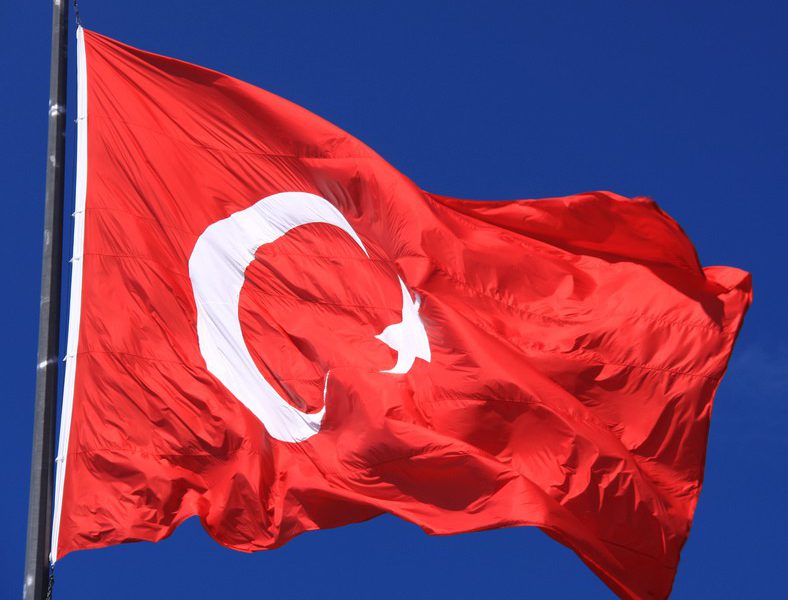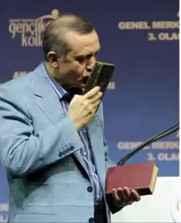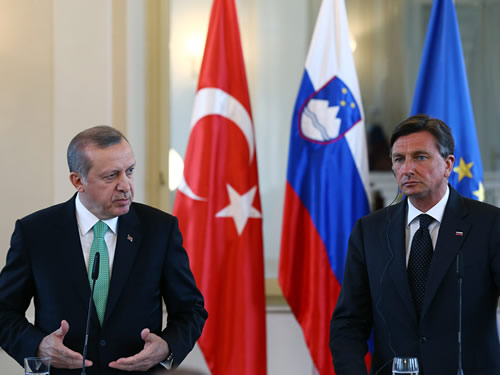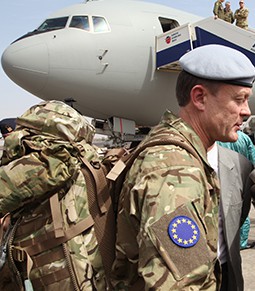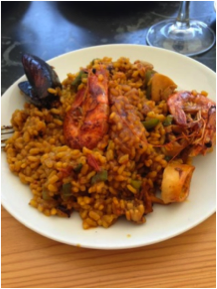What you should know about the upcoming Turkish elections
By Deniz Torcu
On Sunday, 7 June, Turkey will go to the ballot box to elect 550 members of its Grand National Assembly. This will be the 24th general election in the Republic of Turkey and, surely, one of the most important in the country’s history. While it is likely that the current Islamist ruling party, the Justice and Development Party (AKP), will be the winner of the elections, the margin with which they win will be the big question.

